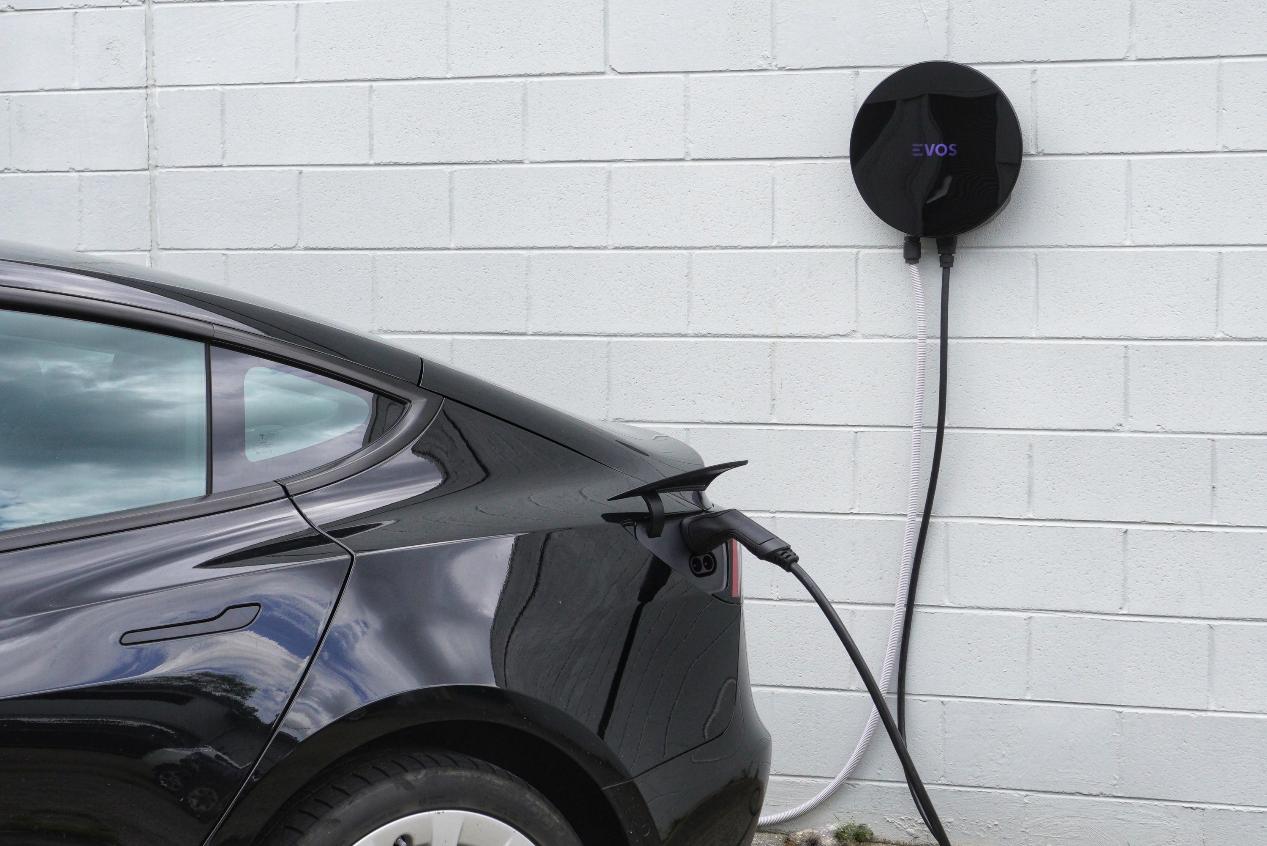The Ultimate Guide to Choosing the Best Extension Cord for EV Charging

best extension cord for EV charging, electric car charging connectors, SAE J1772 type 1
As the popularity of electric vehicles (EVs) continues to soar, the need for reliable, efficient, and safe charging infrastructure becomes paramount. One essential component of an efficient charging setup is an extension cord. However, not all extension cords are created equal, especially when it comes to the specific requirements of EV charging. In this guide, we will explore the key factors to consider when choosing the best extension cord for EV charging.
1. Safety first:
When dealing with electricity, safety should always be the top priority. Opt for extension cords that are specifically designed for EV charging and carry safety certifications, such as UL or ETL. These cords are built with heavy-duty materials and safety features to handle the high amperage and voltage associated with EV charging.
2. Compatibility:
Ensure that your extension cord is compatible with the electric car charging connectors in your region. SAE J1772 Type 1 is a common standard for EV charging in North America. Check your vehicle's specifications to determine the appropriate connector type for your charging needs.
3. Length and gauge:
Consider the distance between your car's charging port and the power outlet. Choose an extension cord length that allows flexibility without unnecessary excess. Additionally, pay attention to the gauge of the cord. Thicker gauges (lower numbers) are capable of carrying more current over longer distances without voltage drops.
4. Ampere rating:
Check the ampere rating of both your vehicle's onboard charger and the extension cord. The extension cord ampere rating should match or exceed that of the vehicle's onboard charger. Using a lower-rated extension cord can result in overheating, decreased charging efficiency, and potential damage to both the cord and the vehicle's charging system.
5. Weather resistance:
EV charging may occur outdoors or in uncontrolled environments. Look for extension cords with weather-resistant features, such as sturdy insulation and water-resistant connectors. This ensures safe and consistent charging performance, regardless of the weather conditions.
Conclusion:
Investing in the best extension cord for EV charging is crucial to ensure a safe, efficient, and hassle-free charging experience for your electric vehicle. By considering factors such as safety certifications, compatibility, length, gauge, ampere rating, and weather resistance, you can confidently select an extension cord that meets your EV charging needs. Remember, prioritizing safety and quality in your choice will offer peace of mind and enhance the longevity of your EV charging infrastructure.
Post time: Oct-30-2023








